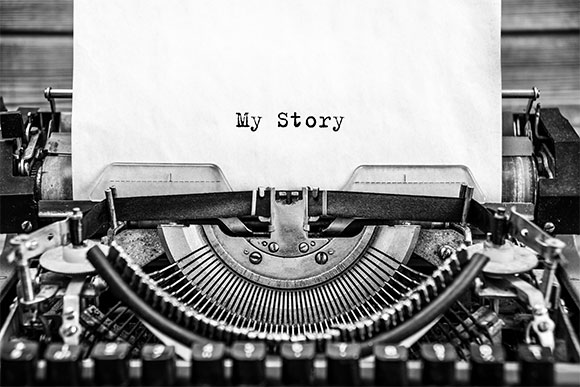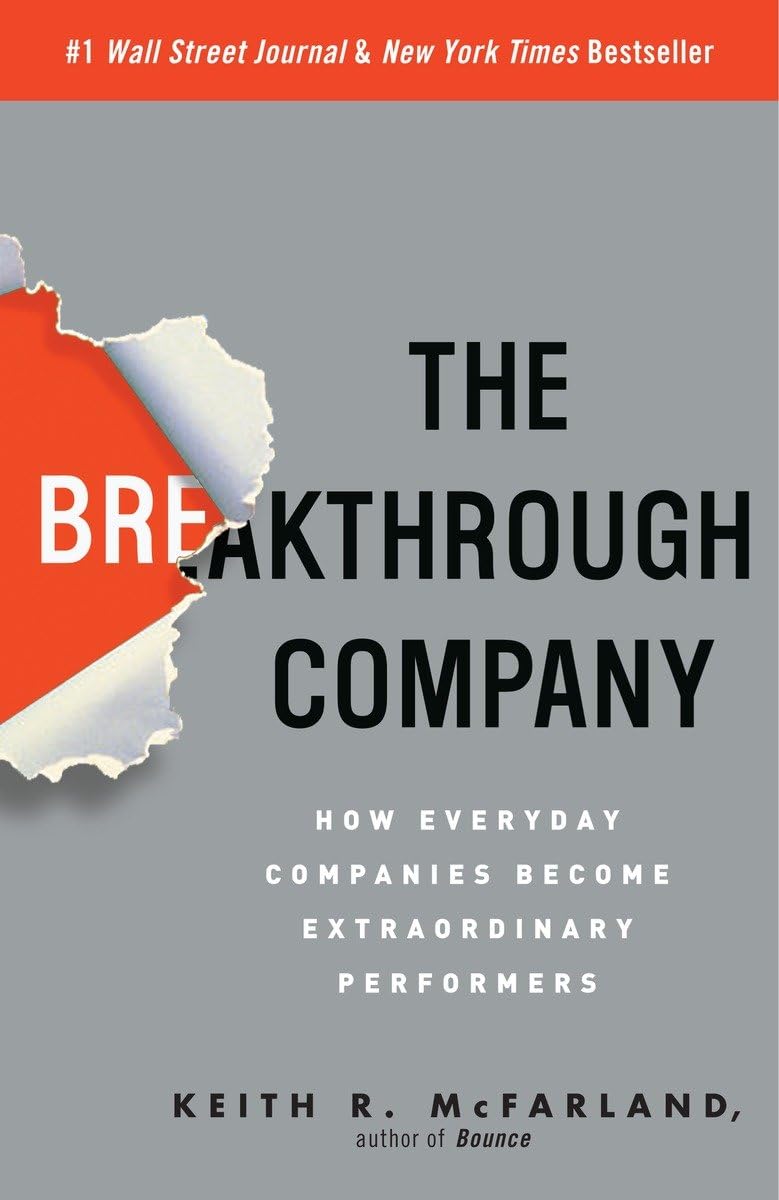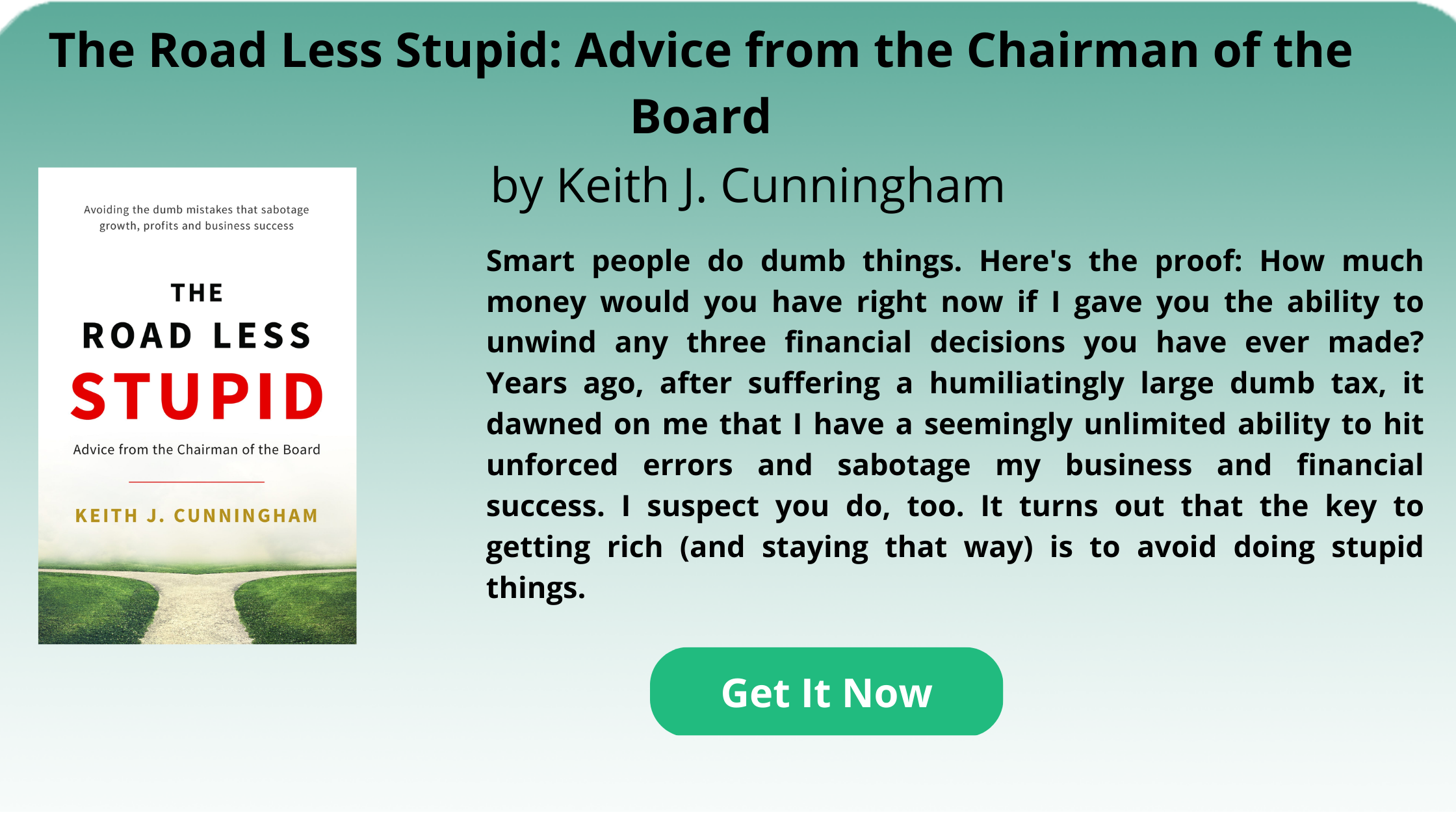Many affluent individuals and families are becoming more and more familiar with the concept of passing on wishes and instructions to loved ones in the form of a written document or a video recording. Several years ago, a movie titled “The Ultimate Gift,” was based on this concept, where James Garner was the character who had passed away, communicated his instructions and requirements on a video tape to the youngest family heir. It was a very effective tool in the movie and helped make for a very moving story.
During our lifetimes, we, or our family, may develop traditions, values, and have many great experiences and lessons within our memories and want to pass onto future generations. Those memories, values and experiences are stored in us and when we pass on, so do our memories to share with our loved ones.
The memories, great experiences and lessons of our past, the things and people we are so fond of, and within us, carry deep meaning and relevance. Many times, it would be to our wishes that we shared these things with our loved ones well into future generations – The wonderful times we shared with our family members and our friends, the things we learned and lessons and values that we so dearly hold, we would like to pass onto future generations.
An ethical will is a very useful tool to accomplish this objective. Ethical wills are not new. They existed even back during the Old Testament biblical times to which it was a tradition to assemble loved ones around the bed of a dying relative. However, during this early period, the ethical will was an oral tradition where the dying family member would tell the loved ones important lessons of life and family stories to carry on in the tradition of their family and future generations.
Today, we utilize ethical wills to pass on these things in a form of a cherished gift to our loved ones. It is a gift in writing that shares great memories, important lessons, blessings, spiritual beliefs, values of the family, wishes or hopes for the future, and proud traditions to be passed onto the next generation.
Often times, members of families not only have wonderful memories and lessons to pass onto loved ones and future generations, but then find it to be it too late to do so because our lives have come to pass or our health has failed and we are no longer able to take the time to record these lessons and memories.
I have specific examples in my life to where a dear friend of mine came down with a sudden and rare case of liver cancer and was soon too sick to write one. On the other hand, my father put together a collection of old pictures from prior generations with narratives and stories of many of the people and places in the pictures. It is a priceless family artifact. It is not officially an ethical will, but you can see the point.
Writing an ethical will can be an emotional challenge because it acknowledges one’s mortality and one’s past. But an ethical will is a document that consists of heart felt words and involves passing on more than material things and money. Writing an ethical will is not a legal exercise, rather, it is a letter written from the heart, sharing your most valued lessons and cherished thoughts. It is a great opportunity to lock in the meaningful reminiscence of the past specific to a particular family member or to all of the children.
It should be carefully crafted but it doesn’t have any specific formula to adhere to. Furthermore, we suggest that you write one on a designed and protected document to secure the writings, make it more meaningful, and storable for many generations.
Formulating your Ethical Will
Although there aren’t any specific topics to include in an ethical will, we have assembled recommended steps as well as some suggestions on topics to consider writing about within your document.
Suggested Steps:
The actual writing of the ethical will is an emotional deep thinking process. You do not have to complete it in one sitting. In fact, it is something that I recommend that you revisit over the course of several days. Take time to write it. It is a very meaningful and intimate document that will last for several generations.
First suggestion: Pick a quite and private place to commit yourself two for and hour or more to begin your writing journey; A place that is without interruptions, relatively speaking and a place to where you can sustain inner peace and relaxation. It may sound hokey, but it is important to do so for yourself.
Second suggestion: don’t try to rush it. If you need to put it down after a while, that’s fine. Give your self time, and further more, begin with a rough draft.
Third suggestion: cover a number of areas to record your writings from. Here are a few general areas and topics that you may want to consider:
Important Family Members in your life and what you remember about them
- What are the important things you learned from your grandparents?
- The great things about your parents and the important lesson
- Lessons from your spouse, children and others
Important people outside of your family
- The two or three most influential people during your childhood and how were they influential in impacting the person you are and your values?
- What are the most important relationships in your life and why?
Important lessons and experiences in your life that you want them to know
- Life’s great experiences and lessons.
- What are you grateful for?
- The holidays you cherish the most and why?
- The important values that were passed onto you by your Grand parents and/or parents?
- What are some of the things about your heritage that define who you are?
- How much of a role does your heritage play in your life now?
- Stories and experiences about your home town, and how did it mold the kind of person that you have become?
- What is an important lesson you learned in your early life and how does it continue to influence your beliefs and values? Who or what taught you these lessons?
- Did you have an experience growing up that was life changing? If so, describe it and explain why it was significant to you.
- What are your deepest feelings you may have for them and or the family and why?
Important accomplishments, ideas, values, etc.
- Reflect on the past and describe which of your accomplishments that you find most gratifying.
- What are the things missing in your life?
- What are the most important decisions you have made in your life and why?
- What are the best decisions you have made in your life and why?
- What are the worst decisions you have made in your life and why?
- Define your definition of success?
- In looking to the future, name something you would like to accomplish or happen in your lifetime.
- What do you feel are some of the most important qualities a person needs to live a rewarding life?
- What do you feel is a real measure of success?
- What was your greatest challenge during your life and what did this experience teach you?
- What are the universal principles that hold your family together?
- Describe your proudest moment and how it has affected your life and values.
- What are a few of the most important ideas or lessons you would like to pass onto your children, grandchildren or other loved ones.
- What was the single most important experience of your life and why was it so important to you?
- If you could pick three things that your family should remember about you what should those things be and why?
Philosophy on money and wealth
- What do you appreciate most about money and why?
- What do you fear most about money and why?
- What do you want material gifts to be passed to your heirs to accomplish for them and why?
- What concerns do you have about the distribution of your material wealth as part of your legacy and why?
- What are the things that concern you the most with transferring your wealth?
- What do you want to achieve before you leave this life?
- What do you really cherish and love about your life?
The beginning of the “Will” should address who you are writing it to and why you are writing it to them. A very compelling approach is to express your hopes and desires/wishes for the future. What is your vision for your family in the future? How would you want them to remember along the way in their lives, things to watch out for, mistakes to avoid, how would you like to see them view and approach life. A good idea is to cover your idea of what are the important values that you think will help them become and continue to be exceptional human beings. Maybe include specific family events or memories. Include thoughts and words that have defined your own life. Who are some of the great people or life heroes that have influenced you and impacted your life and why did they do so? How did they impact you in molding the person that you are? What efforts in your life really made you grow as a person and why? These are all powerful approaches and I assure you this will become a valuable document within your safety deposit box or safe at home.
You may want to end your ethical will with the most heart felt statement expressing your love for them and they are the ones that matter in your life.
When this document is completed, you will have created a very valuable artifact that will be there to pass onto several generations and impact many family members.
Creating an “Ethical Will” As Part of Your Family Legacy Development
Steve Zeller

Steven E. Zeller
Steven Zeller is a CERTIFIED FINANCIAL PLANNER™ professional, Accredited Investment Fiduciary®, Certified Exit Planner, practicing Wealth Advisor, and serves clients nationwide. He has over 24 years of experience within his profession. READ MORE
What Steve Writes About

I write about the latest thoughts and topics that impact high net worth families, individuals, and business owners. The building and sustainability of family wealth and a business is an exciting journey, and I have a passion to help them along the way to grow and thrive.
The latest book that Steve is reading. He reads, all he can, material relevant to the high net worth family and business owners, so that he may pass it onto his readers.




Connect With Steve